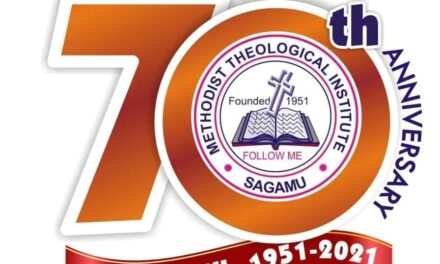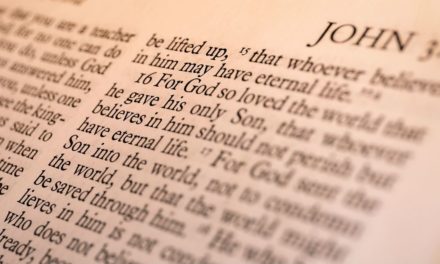 Then Jesus said to the crowds and to his disciples: “The teachers of the law and the Pharisees sit in Moses’ seat. So you must be careful to do everything they tell you. But do not do what they do, for they do not practice what they preach – Matt 23:1-3
Then Jesus said to the crowds and to his disciples: “The teachers of the law and the Pharisees sit in Moses’ seat. So you must be careful to do everything they tell you. But do not do what they do, for they do not practice what they preach – Matt 23:1-3
The Gospel reading from Matthew 23:1-12 calls us to be ever conscious of the witness we are giving to the world especially in an age when more and more people are checking out of church and religious life. The story from Matthew 23 is about Jesus’ warning against the hypocrisy of the scribes and Pharisees with a follow up of seven judgements of woes. The word, ‘hypocrite’ is the Greek word of actor, playing a part, role or character in a play. The scribes and Pharisees of Jesus’ day were the symbol of hypocrisy and pretence, a religious fake like fake news. Hypocrites play ‘make believe’ role, pretending to be genuine.
The spiritual corrosive nature of power of the Pharisees and teachers of the Law resonates with some of the reasons why Martin Luther led the Reformation against the Roman Catholic hierarchy 500 years ago. Power affects and tempts us making ‘us to leave messes for others to clean up.’ Jesus’ speech sends us back to walk the talk, do what we preach or we lose our credibility. The best preachers, teachers, leaders or politicians lead by example and not by exploitation or control. The church has never lack in the area of documentations but always in the area of discipleship Reformation summons us to walk the talk as followers and learners at the feet of Jesus. Jesus noted the elites were wearing their robes and other religious paraphernalia so that everyone would know that they were the big shots reminds us about the challenges the church is facing today as it was in the days of Luther. Luther unmasked the church hypocrisy and the challenge is that when Luther and Wesley made up their mind to walk the talk, they lost their job but not their calling.
Living the Reformation is not about pretension or preservation of structures but protest against errors in the church. In Jesus’ parable and teaching of the Fig Tree, the barren fig tree symbolised the Jewish religious leadership of his day. The barren fig tree was leafy but had no fruit. The lesson is that, these religious leaders talked a good religious talk and used all the right, politically correct word but failed to put their words into actions. Living the Reformation calls for a change of any Christian life symbolised by the fig tree which talk the talk but not walk the walk. We are in a time when religious life looks healthy but it is not.
Luther protested against the way the church leadership were talking the talk which was not in consistence with what they profess to be. Living the Reformation is about walking the walk with our lifestyle, the way we live or behave, consistent with the way we profess to be. Living the Reformation is about the living the Bible, a spiritual walk, our behavioural attitudes, living different lifestyle than that of the world. Living the Reformation by walking the talking is about our actions and reactions distinctly different than the worldly crowd. Living the Reformation calls us to walk in truth, in the light of God’s Word especially in a secular world with many false doctrines. When are in a time when people are not enduring sound doctrine; ‘but after their own lusts shall they heap to themselves teachers, having itching ears … And they shall turn away their ears from the truth, and shall be turned into fables.’ (2 Tim 4:3). Living the Reformation invites us to walk in newness of life and not just performing the social role to maximise and protect the social benefits we gain in doing them (Rom 6:4). Living the Reformation by walking the talk summons us to bring the Bible to life again.











Recent Comments